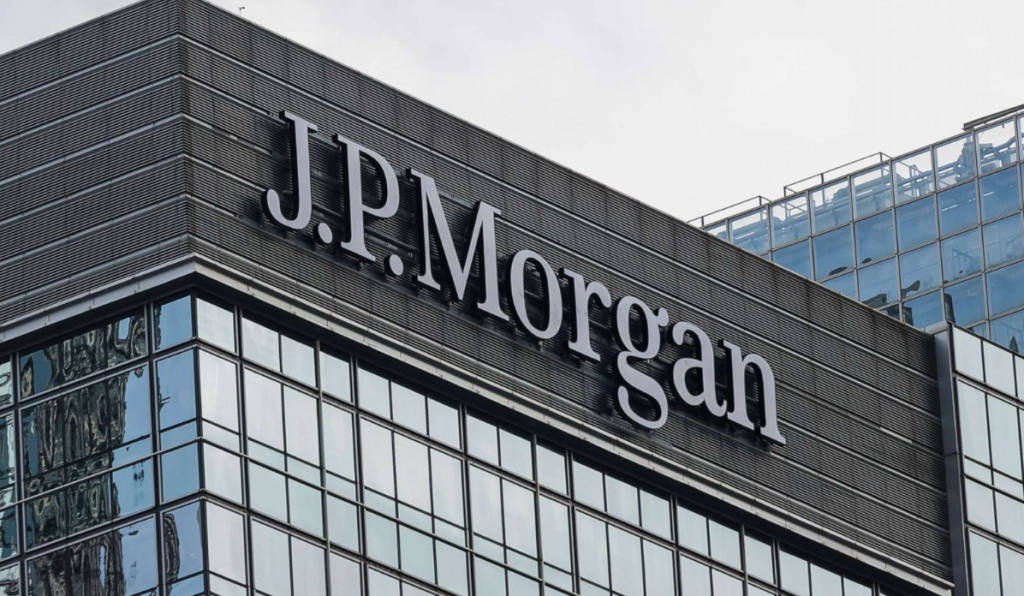Prominent institutions such as JPMorgan and HSBC are intensifying their engagement with blockchain adoption as we approach 2024. This surge in activity highlights a growing embrace of distributed ledger technology (DLT) within the realm of traditional financial services.
JPMorgan notably marked a milestone on November 3 by conducting its inaugural trade in decentralized finance (DeFi) on a public blockchain. The financial giant further expanded its blockchain capabilities by introducing programmable payments on its institutional blockchain platform, JPM Coin, on November 10. Furthermore, on November 28, executives from JPMorgan and Apollo disclosed their ambitions to launch a tokenized enterprise mainnet.

HSBC is not far behind in this blockchain adoption. The bank, in collaboration with Ant Group, a financial services provider, trialed tokenized deposits on November 1, under a framework set by the Hong Kong Monetary Authority. Additionally, HSBC forged a partnership with Metaco, a tech company owned by Ripple, on November 8, aiming to manage tokenized securities on its newly developed custody platform.
This growing interest from leading financial entities indicates a shift from initial skepticism to recognizing the vast potential of DLT. Sandy Kaul, a high-ranking executive at Franklin Templeton, an asset management firm, was quoted in a Bloomberg report emphasizing the rapid pace at which blockchain technology is being adopted. Kaul also highlighted the emerging opportunities to transform global financial markets through this technology.

Franklin Templeton itself is actively participating in this trend, having applied for a spot Bitcoin exchange-traded fund (ETF) with the U.S. Securities and Exchange Commission (SEC) on September 12.
While major players are diving headfirst into blockchain, others like MoneyGram are adopting a more measured approach. In an interview with Bloomberg, Alex Holmes, CEO of MoneyGram, revealed that the company dedicates around 20 employees full-time to blockchain endeavors, aligning with their conservative expectations regarding revenue and profitability from these initiatives.





